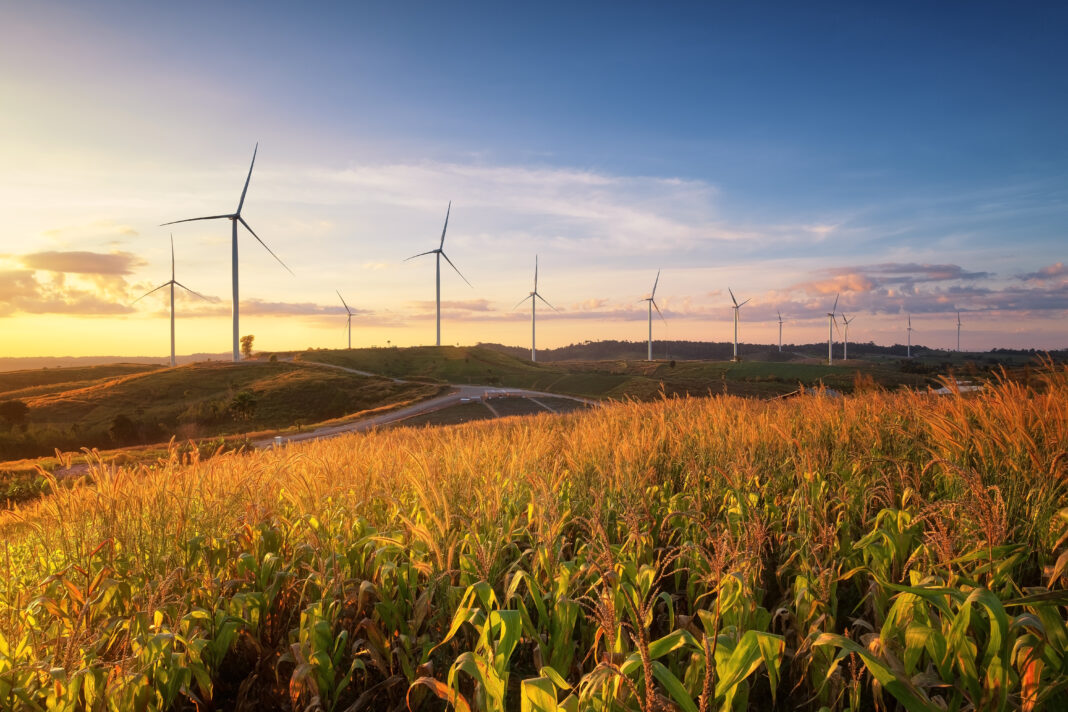How To Be Financially Smart With Your Sustainable Farm
Sustainable farming is the backbone of society and our planet’s future, providing food in a way that balances both the needs of people and the planet. However, sustainable farming can be more expensive to manage, making this noble endeavor challenging for many farmers. Learn how to be financially smart with your sustainable farm to better ensure the longevity and profitability of your operations and contribute to a healthier planet for longer.
Employ Innovative Sustainable Farming Practices
Innovative sustainable farming practices not only contribute to the health of the planet but can also boost your farm’s bottom line. Regenerative agriculture techniques, such as polyculture, maximize the use of natural resources and reduce the need for chemical inputs. These methods enhance soil fertility and biodiversity, leading to higher yields and reduced costs over time. Employing these innovative approaches can lower your farm’s environmental impact while simultaneously increasing its economic resilience.
Diversify Your Farm’s Revenue Streams
To enhance financial stability, diversifying your farm’s revenue streams is essential. This could involve growing a variety of crops to spread risk and increase market opportunities. Additionally, consider value-added products, such as jams or preserved goods, that can fetch a higher price point. Hosting farm-to-table events, workshops, or agritourism activities can also diversify income, engage the community, and spread awareness about sustainable farming.
Consider Leasing the Farm for Passive Income
Another avenue to financial sustainability is leveraging your farm for passive income streams. This could involve leasing out part of your land for organic crop production, renewable energy projects such as solar farms, or beekeeping. Such collaborations provide a steady income and complement your sustainable farming practices. For example, hosting solar panels on less productive land can generate electricity while promoting land conservation. When considering whether you should lease your farmland, make sure you carefully consider leasing partners based on who aligns with your sustainability ethos.
Invest in Renewable Energy Sources
Investing in renewable energy sources reduces operational costs and supports environmental sustainability. Solar panels, wind turbines, and bioenergy systems can supply renewable energy to power your farm operations, resulting in lower utility bills and a smaller carbon footprint. Although the initial investment may be significant, the long-term savings and potential government incentives can make this a financially wise choice for sustainable farms.
Being financially smart with your sustainable farm involves innovative farming practices, diversification of revenue streams, strategic leasing, and investment in renewable energy. By adopting these strategies, sustainable farmers can continue to support the environment in a financially sustainable way.
